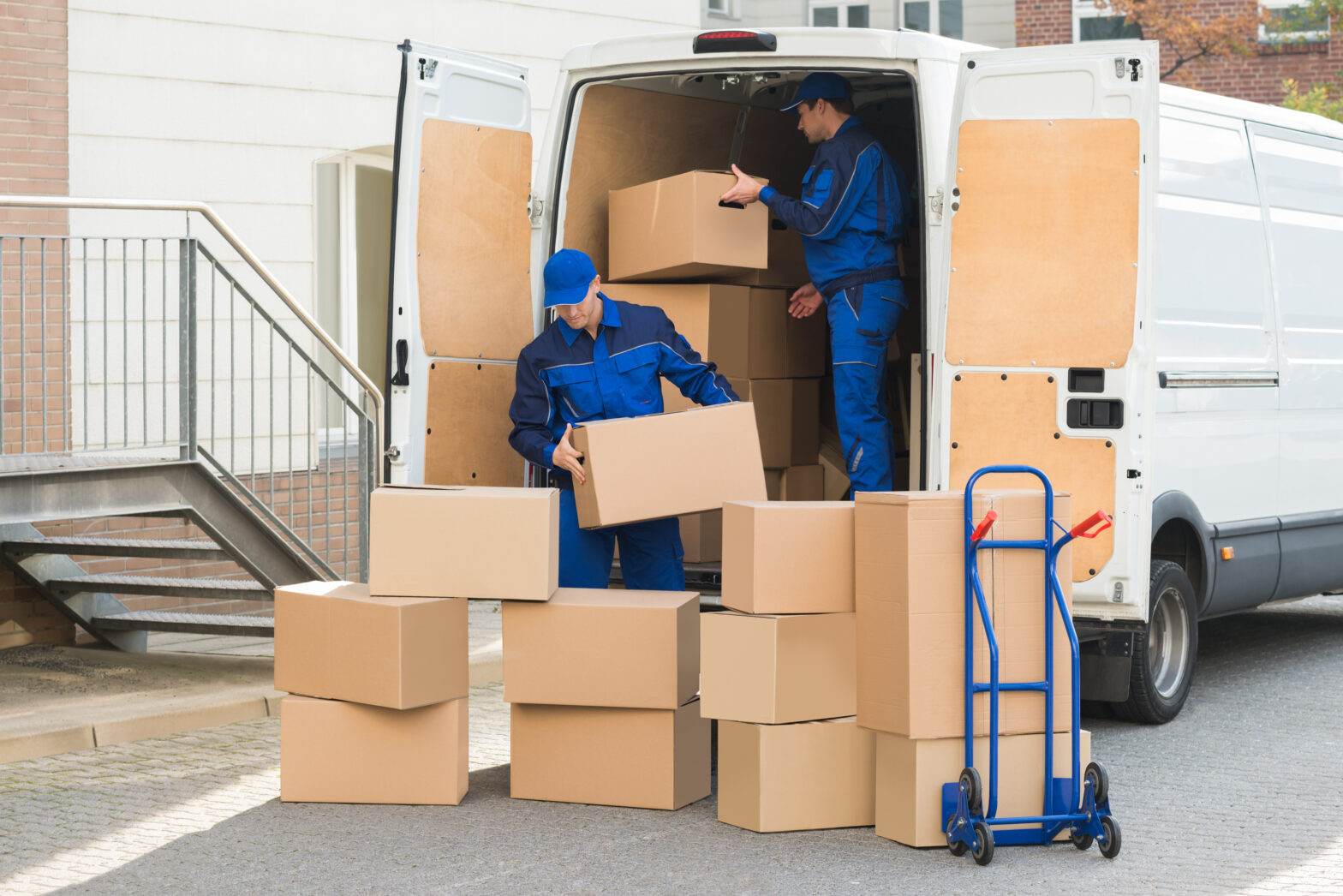Starting a removals business is one of those instances where you will have a hard time working on your own. You would need at least one more person to help you out, which is especially the case if you’re starting from scratch.
1. Determine what services you want to offer
First, you need to decide what services you can start out with.
Man and Van. This service is perfect for just one person. If you do not have a partner yet, then this option is the best place for you to start. The man and van service also enjoys the highest customer demand as it’s usually booked by low-budget households. Basically, all you need to do here is drive the van and help your clients with loading and unloading.
Self-load. This service is also one that targets low-income clients. Here, you can minimise the costs even further as you don’t even need to help with loading – you simply drive the van, while your clients handle the rest.
Home removals. This is where the more expensive services come into place and also where your search for a reliable business partner begins. The home removals service is suited for upper-middle class households that usually contain three and more rooms.
Commercial removals. Commercial properties also need help with moving. There are lots of offices, shops, and workplaces that frequently request help with moving fragile equipment. Another thing worth mentioning is that this is one of those services where you need at least one more person to help you out. Especially if you have to move computer servers around (which tend to weigh a lot).
Packing. Professional packing of belongings is every client’s preferred service. Why? Because no one wants to waste their time packing, of course! To provide this service, you need to have good knowledge on how to pack different items and how to efficiently work with packing materials. But the good news is that all of this can be learned in a day. Keep in mind, though,, that you will also need to invest in quite a bit of packing materials.
Storage. Very often, people tend to need a storeroom where they can place a piece of furniture, a box of trinkets, or some other item until the can figure out what to do with it. That’s why the storage service is a very practical one. Also, if people don’t come to take their stuff back within 6 months, then by law you get to keep those to yourself.
2. Select your range of work
Determine how far you can go. You can help people move within city limits which, if we’re talking about a city the size of London, means that you’ll still have plenty of work on your hands. You can also try to cover the whole country or even go international.
Of course, the larger distances you will need to cover, the more your prices will go up… but so will your expenses.
3. Get certified
No matter what business you’re running, you will need to obtain a certificate that shows you are allowed to run said business. You will need to certify your vehicle as well.
If you’re doing national moves only, this would be enough to start working right away.
However, if you go international you might also look at gaining a Registered International Mover certification, or an OMNI (Overseas Movers Network International) certification, in case you’re planning on doing transoceanic removals.
Another good certificate to have is FIDI, which tells all your customers and future contractors that you are a proud member of the global alliance of professional international moving and relocation companies.
4. Get insured
Insurance is the next most important step on your agenda. After all, no one will want to hire you if lack any sort of insurance.
5. Set up a budget
Your budget needs to be calculated based on all your future expenses. The main money leechers here are:
Your van. You will need at least one lorry in order to be able to take big scale bookings. Not only that, but its long term maintenance will come out of your salary as well. And don’t forget about the gas.
Tools. The lorry needs to be equipped with a ramp for easier loading and straps in order to keep the luggage in place. It’s also not a bad idea to invest in a dolly for when you need to move particularly heavy items.
Packing materials. If you decided to provide a packing service (and why wouldn’t you), you need to always be supplied with the right packing materials, such as tape, packing paper, stretch wrap, and brand new cardboard boxes of all sizes.
Organisation fees. If you manage to get into organisations, you would have to pay their periodic fees.
Promotion. Since we live in the 21st century, you need to make yourself noticed in the realm of the internet. There are many marketing freelancers out there that can help you create a website and promote you on social media, and some of them offer their services at very affordable rates.
And, of course, to be able to work in the removals business at all, you will need to be in top physical condition so you can carry all the heavy furniture and boxes. If you’re starting your company with a whole moving team,you’ll need to manage their salaries as well.
6. Research your competition and set up prices
Your competition is your main tool of orientation. You have to constantly compare yourself and your business with theirs and research their working methods by checking everything that’s been written about them by their customers.Which is where the land of the Internet is at its strongest.
You can also check your competitors’ prices and decide on the ones that work best for you, so you would be able to cover all your expenses and compete at the same time.
7. Join organisations
Becoming a member of various organisations in the desired niche can be considered the cherry on top of the removals cake. Because there’s no question that organisations can make your name well known. They will vouch for your quality of work and will include you in an alliance full of professionals who operate in the same field as you do.
A very good example of such beneficial organisation (and one that you should try to join) is BAR – the British Association of Removals.
Lisbeth Larose is a professional writer for JoinFantastic.






I am trying to start my own Business starting a Removal services Where can i get training to using the right equipment safely